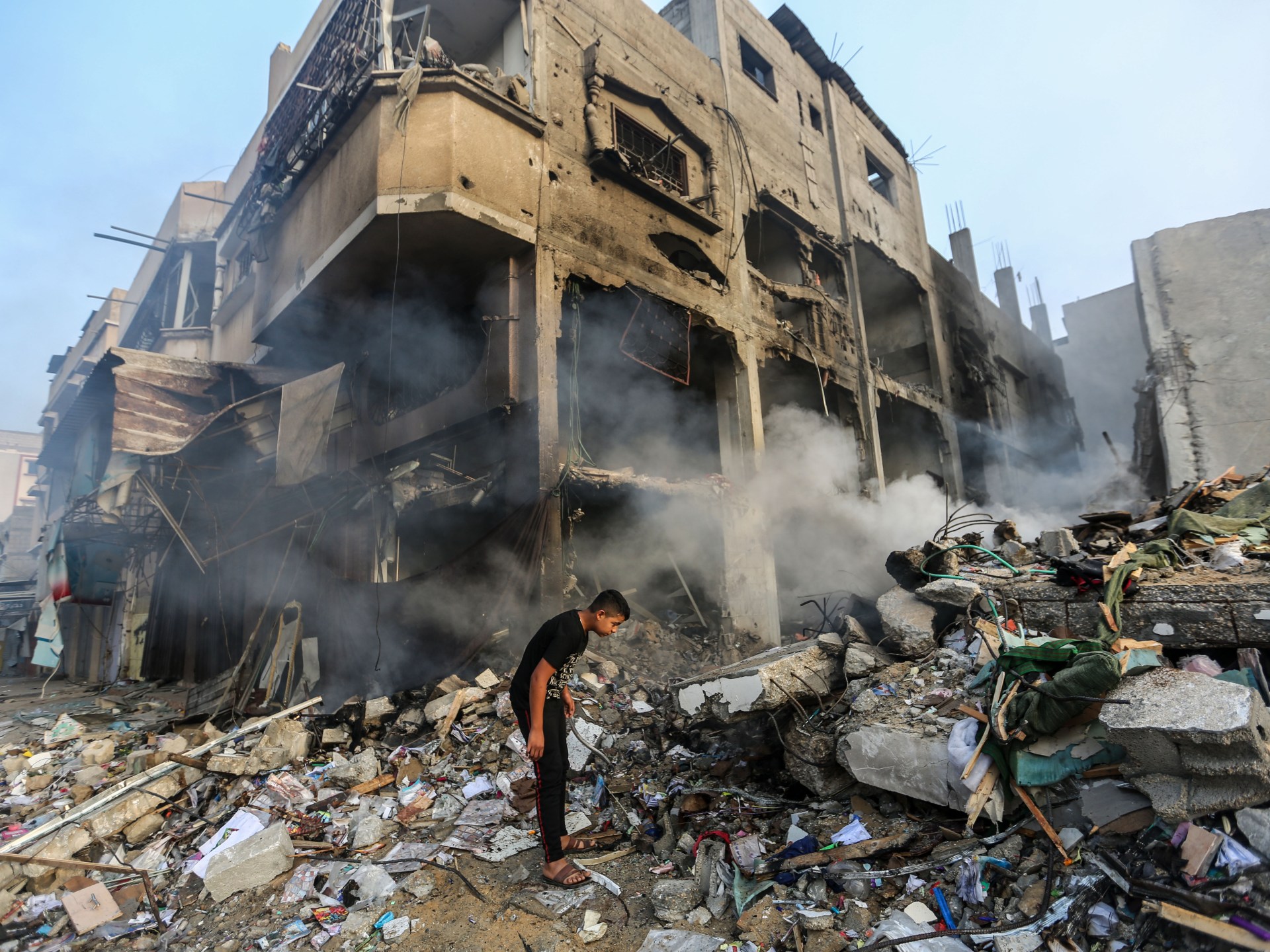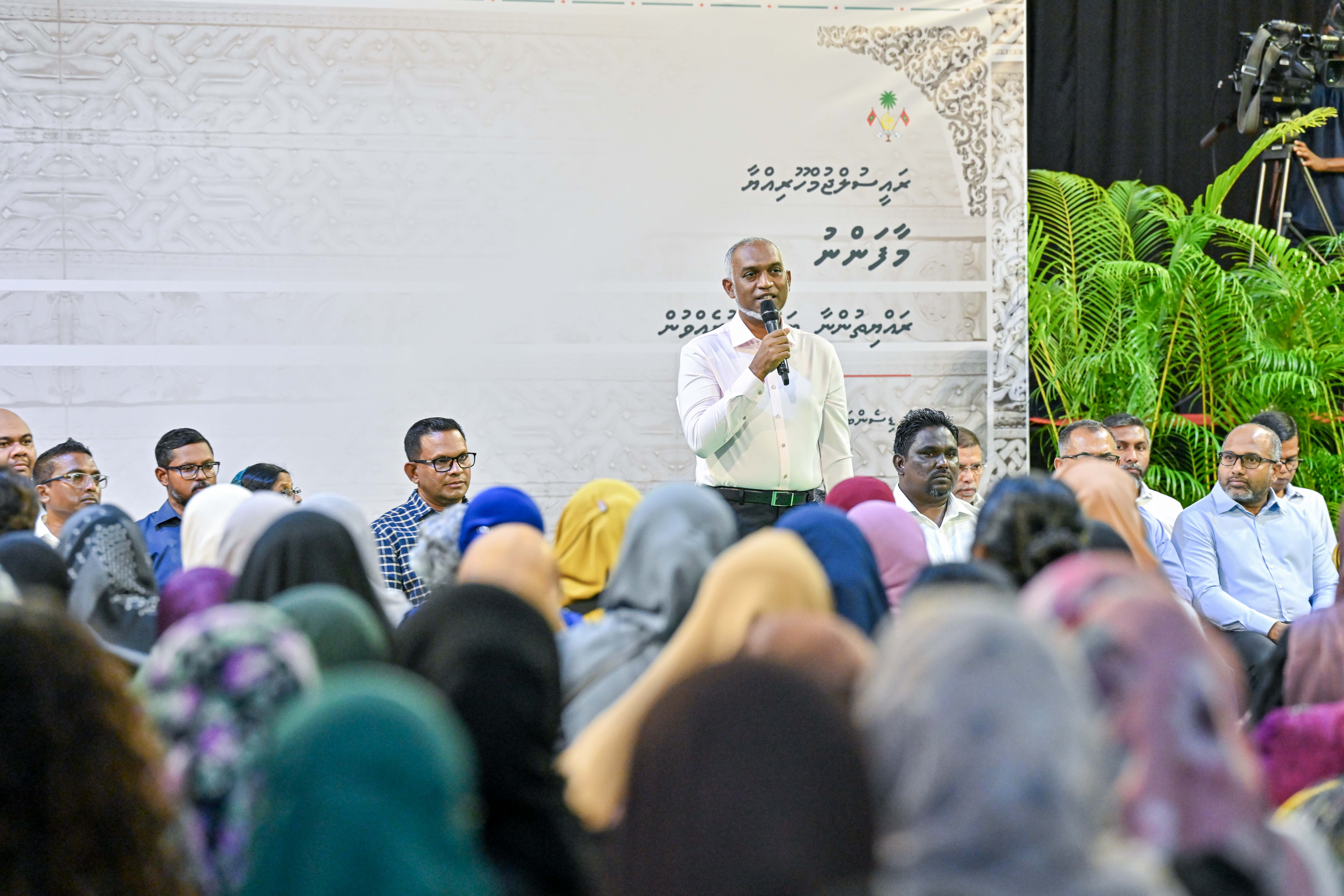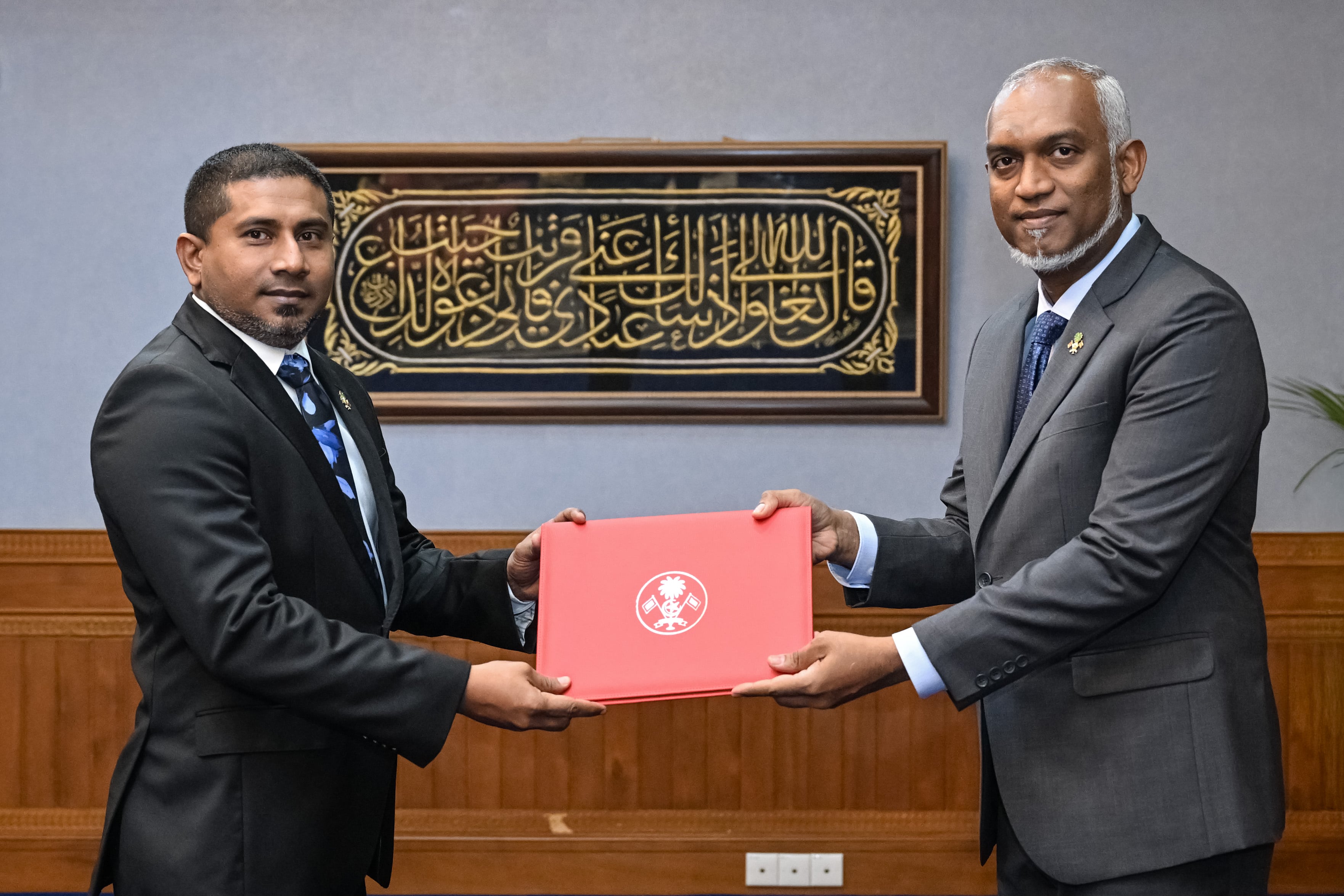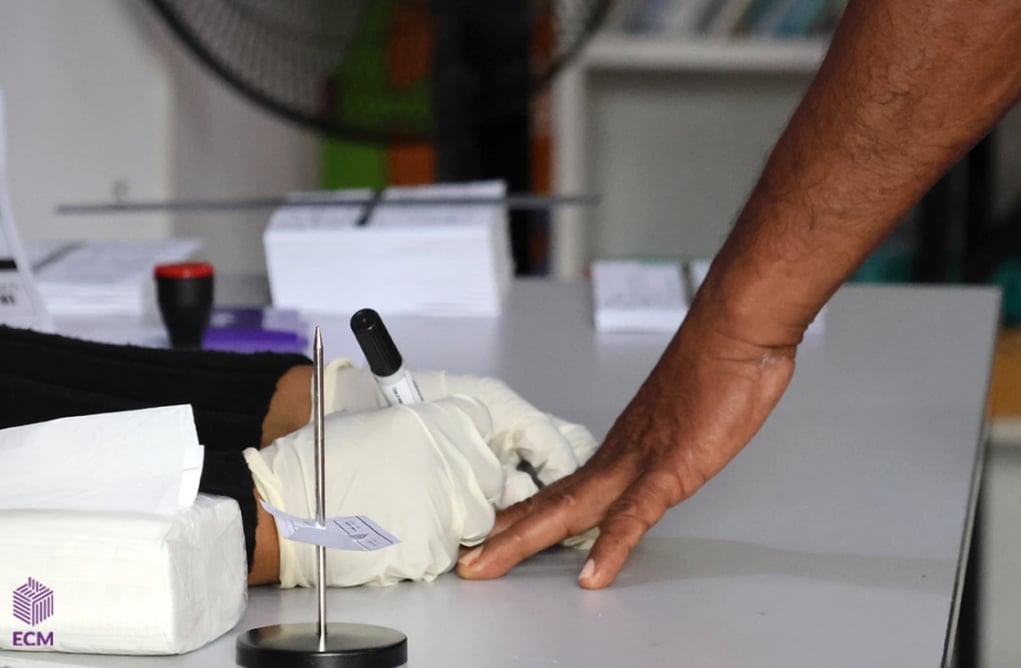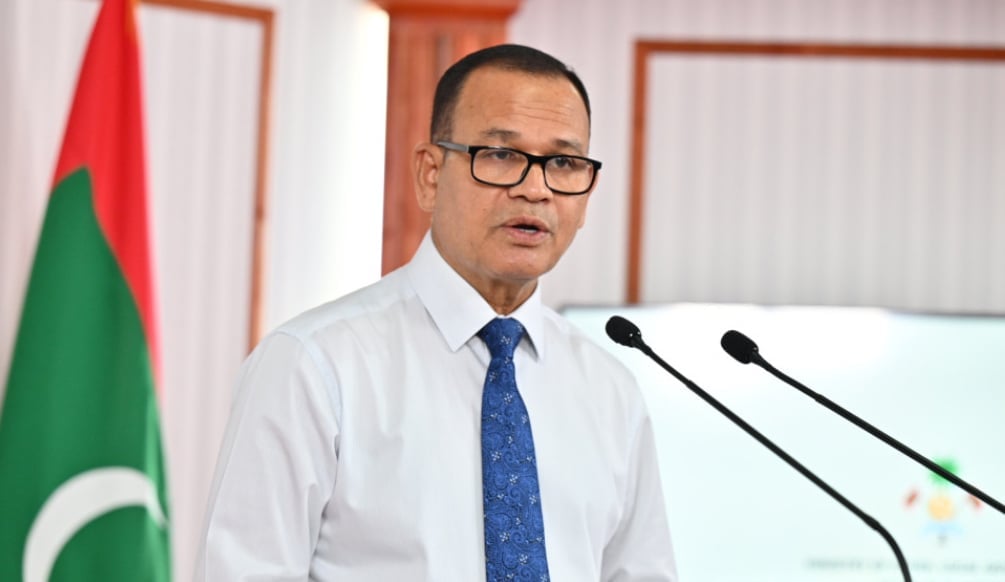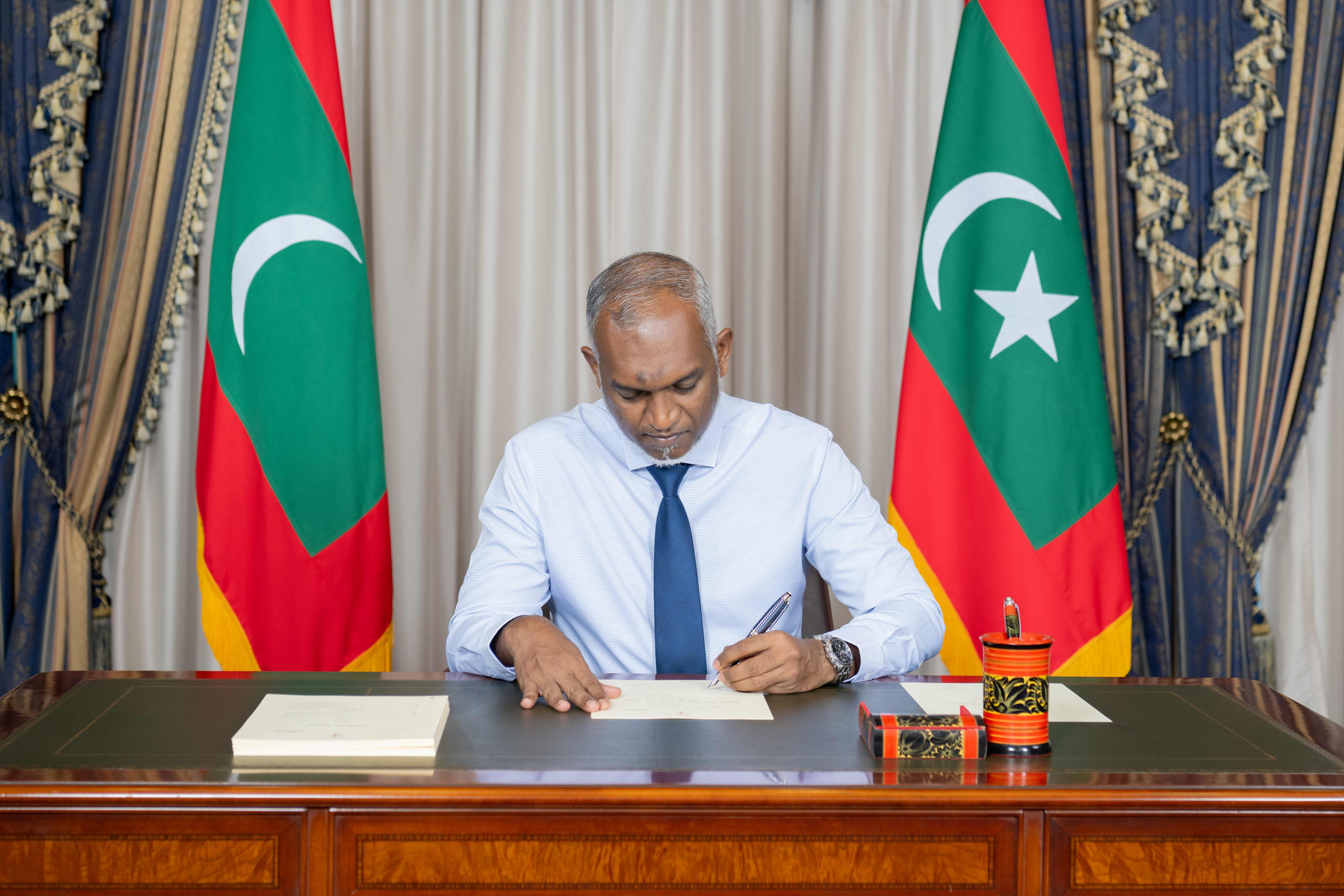Israeli authorities have significantly ramped up actions against Palestinian citizens voicing dissent over the ongoing Gaza war, leading to fears of marginalization and self-censorship.
Since the conflict began, over 400 Palestinian citizens of Israel have been investigated for alleged "incitement to terrorism" or "incitement to violence," with more than half facing criminal charges or detention, according to legal rights group Adalah. Many have lost jobs, faced school suspensions, or been interrogated for social media posts or participation in protests.
Ahmed Khalefa, a lawyer and city counselor, was charged with incitement for showing solidarity with Gaza at a protest in October 2023. After spending three months in jail and six under house arrest, he now faces restrictions on his movements and up to eight years in prison.
“Israel has made it clear they see us more as enemies than as citizens,” Khalefa said, echoing concerns among Palestinian citizens, who constitute 20% of Israel’s population.
The government, under National Security Minister Itamar Ben-Gvir, has intensified monitoring of Palestinian citizens through a task force targeting online activity and protests. Ben-Gvir’s office defended the measures as necessary to combat incitement and ensure public safety. However, rights groups argue these actions suppress legitimate opinions, citing cases where individuals were charged for sharing memes or posting solidarity messages that did not explicitly reference violence.
Protests by Palestinian citizens have faced heavy restrictions, with gatherings monitored by armed police and helicopters. In contrast, Jewish Israelis have held large-scale protests, including demonstrations calling for a hostage release deal, without similar crackdowns. Oumaya Jabareen, whose son was jailed after protesting, noted the chilling effect on dissent. “People are afraid to say no to this war,” she said.
Rights groups warn that the suppression of free speech may persist beyond the conflict. Khalefa expressed concern about the long-term implications, noting that his slogans of resistance and support for Gaza, which did not reference violence, were deemed criminal. “They wanted to show us the price of speaking out,” he said, highlighting the broader challenges for Palestinian citizens in Israel.
Since the conflict began, over 400 Palestinian citizens of Israel have been investigated for alleged "incitement to terrorism" or "incitement to violence," with more than half facing criminal charges or detention, according to legal rights group Adalah. Many have lost jobs, faced school suspensions, or been interrogated for social media posts or participation in protests.
Ahmed Khalefa, a lawyer and city counselor, was charged with incitement for showing solidarity with Gaza at a protest in October 2023. After spending three months in jail and six under house arrest, he now faces restrictions on his movements and up to eight years in prison.
“Israel has made it clear they see us more as enemies than as citizens,” Khalefa said, echoing concerns among Palestinian citizens, who constitute 20% of Israel’s population.
The government, under National Security Minister Itamar Ben-Gvir, has intensified monitoring of Palestinian citizens through a task force targeting online activity and protests. Ben-Gvir’s office defended the measures as necessary to combat incitement and ensure public safety. However, rights groups argue these actions suppress legitimate opinions, citing cases where individuals were charged for sharing memes or posting solidarity messages that did not explicitly reference violence.
Protests by Palestinian citizens have faced heavy restrictions, with gatherings monitored by armed police and helicopters. In contrast, Jewish Israelis have held large-scale protests, including demonstrations calling for a hostage release deal, without similar crackdowns. Oumaya Jabareen, whose son was jailed after protesting, noted the chilling effect on dissent. “People are afraid to say no to this war,” she said.
Rights groups warn that the suppression of free speech may persist beyond the conflict. Khalefa expressed concern about the long-term implications, noting that his slogans of resistance and support for Gaza, which did not reference violence, were deemed criminal. “They wanted to show us the price of speaking out,” he said, highlighting the broader challenges for Palestinian citizens in Israel.





